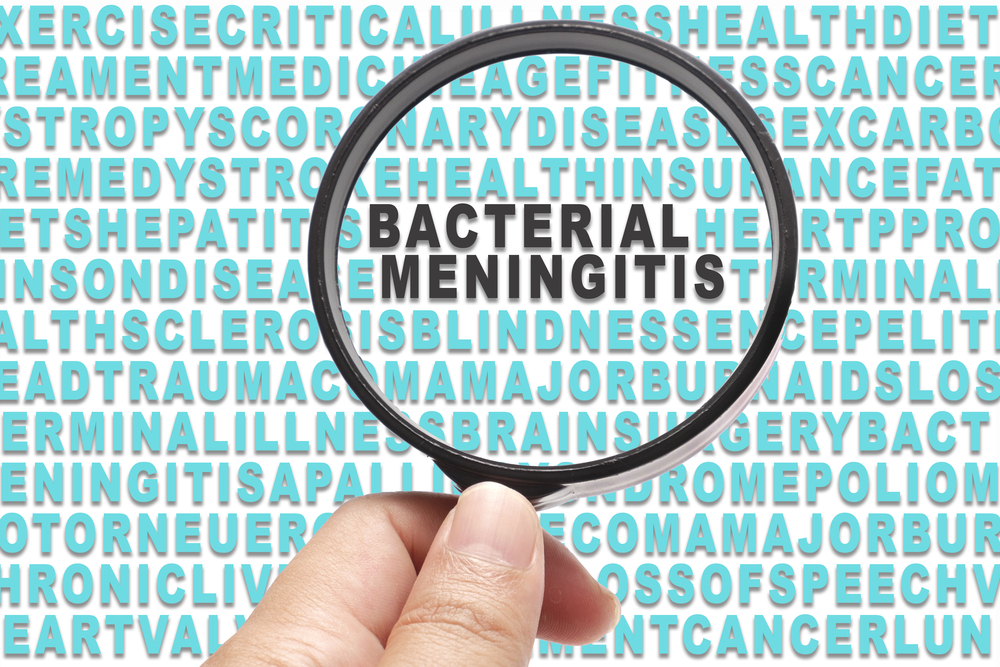The most common form of meningitis is the acute bacterial meningitis. This type can be critical and the infection could cause tissues around the brain to swell. The swelling hinders the blood flow that could turn into paralysis or maybe stroke.
The most often responsible bacteria for this disease are common in the environment. They can’t cause harm in the nose and in the respiratory system which they can be found.
This sometimes occurs for no reason but other times, this arises after a head injury or after your immune system is down.


